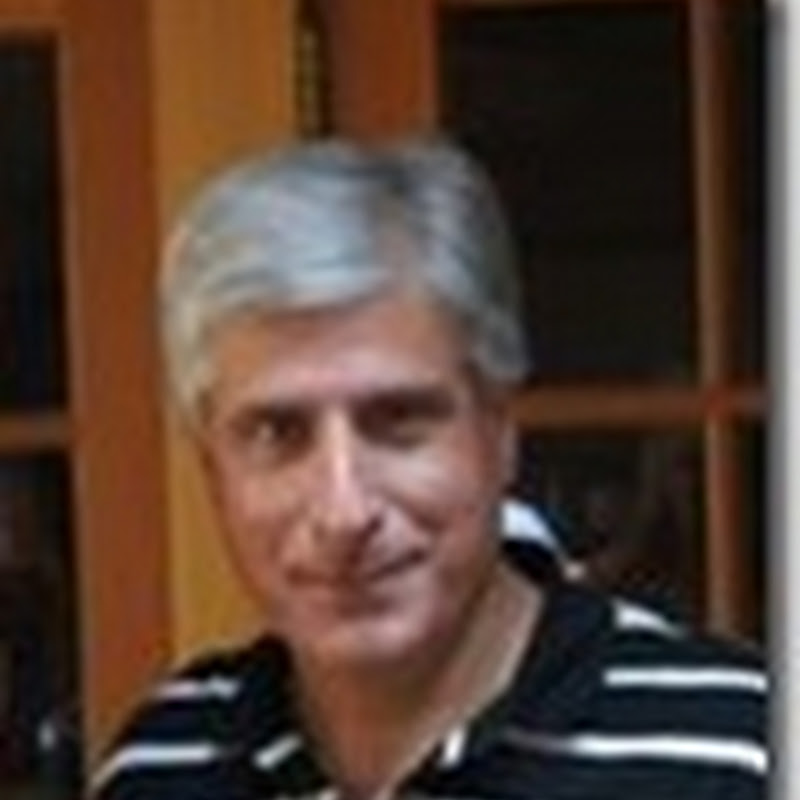.jpg)
Like many of us Evan Marshall has more than a full time day job and still manages to find time to write. He's also president of the Evan Marshall Agency and a software designer. Wondering what his creative process is? Read on:
MP: How long does it take you to plot a new novel?
EM: It takes me a solid month to plot a mystery, with all the twists, turns, and surprises to my satisfaction.
MP: After it's plotted how long does it take to write it? Do you find that it's easier/faster to plot/write subsequent novels?
EM: Writing the novel takes me approximately four months. Unfortunately, plotting never gets easier, because like many writers I’m always trying to top myself, come up with something fresh and different my readers will like. One thing that does help is the novel-writing system I devised some time ago—The Marshall Plan®—which I have presented in The Marshall Plan® for Novel Writing and several other books, and which I have just released in software form. The program is called
The Marshall Plan® for Novel Writing Template Generator. It does the heavy plotting/structuring work for you, so that you’re free to be really creative in your story.
MP: Do you talk about your novel while it's in process or keep it close? If you share it, let us know who the lucky person is.
EM: I keep it very close. I find that no matter how much a story element might excite me, I can never quite convey it to other people, and their odd looks or well-meaning discouragement takes the wind right out of my sails. So when friends and family ask me what my book is about, I smile and say, “I don’t want to spoil it for you.”
MP: Do you have a group of first readers or a critique group you share the edited manuscript with? If not, how do you feel about critique groups in general?
EM: No, I have never worked with first readers or critique groups. The first person to see my manuscript is always my editor. I think critique groups can be quite effective if members are truly knowledgeable about each other’s chosen genre; otherwise, they can do more harm than good.
MP: How many revisions do you generally do before you're satisfied with the finished product?
EM: Once my manuscript is all down, I finally allow myself to print it out, and this is when the heavy editing starts. I do one extremely rigorous edit—changing things, moving things around, reinforcing elements, making everything consistent, planting additional clues—and key in all of these changes. Then I print out again and do what I call my medium edit; this most closely resembles the traditional manuscript edit. I key these changes in, print out again, and do what I call my cosmetic edit. Here is where I look for repeated words, overuse of adjectives or adverbs, and scenes that run too long. I keep editing and printing out until I literally can find nothing I want to change.
MP: What sort of marketing do you do for your books after they are published?
EM: Most of my marketing is done via my email lists and website. I find that the Internet is the perfect way to reach mystery readers.
MP: Other than The Marshall Plan for Novel Writing and it's attending Template Generator, what are the top three writing books on your shelf?
EM: It’s hard to pick favorites, but three that were very helpful to me early on were Structuring Your Novel: From Basic Idea to Finished Manuscript by Robert C. Meredith and John D. Fitzgerald; Guide to Fiction Writing by Phyllis A. Whitney; and Self-Editing for Fiction Writers by Renni Browne and Davd King.
MP: What's your next project?
EM: My next project is the third book in my new series, the Hidden Manhattan mysteries. The first book, Death is Disposable, is already out and I’m proud to say it has received wonderful reviews. The second book, Evil Justice, will be out in December. The series features Anna Winthrop, a New York City Sanitation garage supervisor with an eye for solving murders. But that’s all I can tell you now. I don’t want to spoil it for you. ; )
 evan marshall
evan marshall

.jpg)
.jpg)




.jpg)


